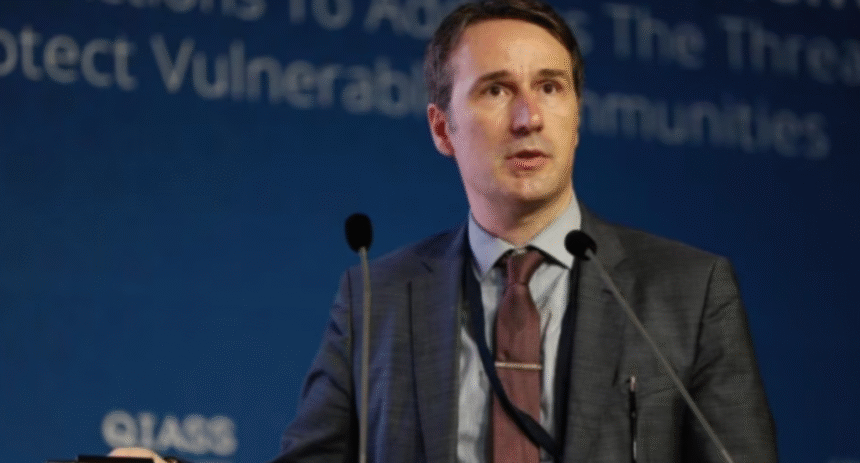Adrian Shtuni, a security expert at the International Center for Counter-Terrorism in Washington, has warned that Kosovo is particularly vulnerable to the economic consequences of the escalating conflict between Israel and Iran, especially if global energy prices spike further.
In an interview with Radio Free Europe, Shtuni stated that while no country is immune to global crises, Kosovo is “more exposed than most countries in the Western Balkans” due to a combination of economic, political, and security factors.
Key Points from Shtuni:
Kosovo’s energy prices have already risen by 16% in 2025, and any further increase would represent a major economic shock.
If Iran decides to block the Strait of Hormuz — a passage for around 20% of the world’s oil and gas — global energy markets could experience dramatic disruptions.
Kosovo’s economy, which relies heavily on imports and remittances (around 13% of its GDP), would feel immediate pressure from such a shock.
A 17.5% increase in Kosovo’s trade deficit by the end of 2024 further amplifies the country’s exposure to rising costs of imported goods, including food, fuel, and basic necessities.
Shtuni also emphasized that economic instability cannot be separated from political and security risks. He warned that the lack of a functioning government and parliament in Kosovo, four months after elections, significantly weakens the country’s ability to respond to external threats.
“This is a self-inflicted weakness,” he said, describing the political deadlock as the most damaging disarmament of Kosovo’s leadership — one that strips it of political responsibility and strategic compromise.
Shtuni cautioned that hostile actors who oppose the region’s EU and NATO integration — particularly in Kosovo and Bosnia and Herzegovina — may exploit the global crisis to fuel interethnic tensions and destabilize the region.
Despite repeated requests, Radio Free Europe reported that Kosovo’s caretaker government has not responded with any information on measures taken to shield the economy and energy sector from potential global fallout.
In conclusion, Shtuni stressed the urgent need for strong institutions, political maturity, and enhanced regional and international cooperation, warning that inaction could have long-term and costly consequences for Kosovo.







